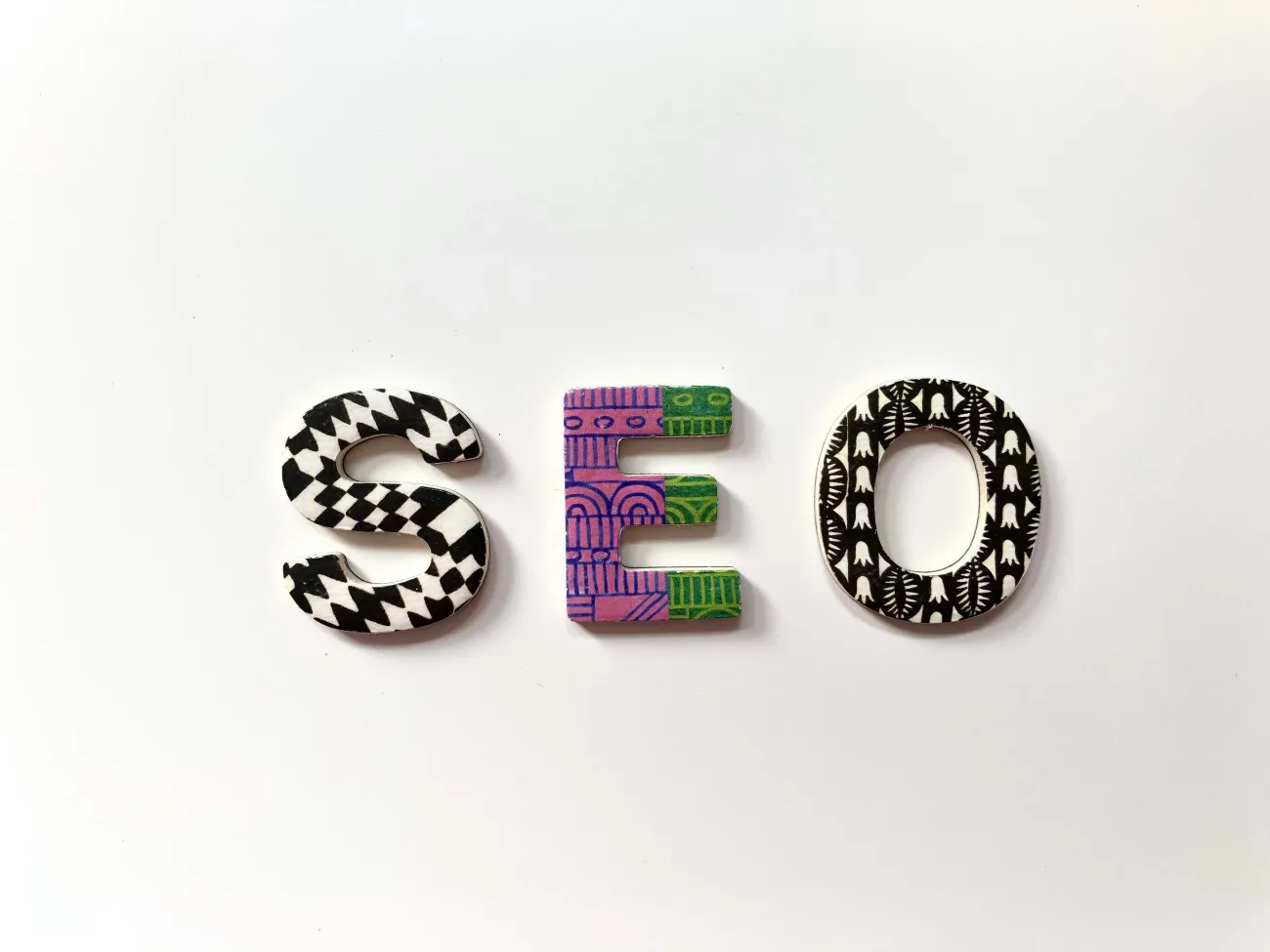SEO Basics: How to Make Your Website Easy to Find
SEO Basics: How to Make Your Website Easy to Find

Overview
If you’ve just created a website, the next big step is ensuring people can actually find it online. This is where SEO, or Search Engine Optimization, comes in. SEO is the process of optimizing your site so that it ranks higher in search engine results, like on Google. The higher your site ranks, the more likely people are to click on it. SEO involves using the right keywords, producing quality content, and improving your site’s performance, all to attract more visitors without needing paid ads. In this guide, we’ll introduce you to SEO basics and give you practical steps to make your website easier to find.
What is SEO?
SEO, or Search Engine Optimization, is the practice of making your website more visible in search engine results. Think of search engines like Google as giant libraries—they have countless “books” (websites) and want to show users the most relevant and trustworthy results for their searches. SEO helps your website appear in those results by showing search engines that your content is valuable and relevant.
SEO covers a variety of strategies, from selecting keywords that relate to your content to optimizing technical elements of your website, such as speed and mobile-friendliness. It’s not just about writing content that includes popular search terms; it’s about creating a website that both users and search engines find useful. SEO can be a game-changer for your website, helping it attract more traffic and better connect with people looking for exactly what you offer.
Why is SEO Important?
Having a well-designed website isn’t enough if people can’t find it. SEO is essential because it brings organic (non-paid) traffic to your website, which means that visitors are finding you naturally through search engine results. Good SEO practices help you reach people who are already interested in your products, services, or content, which can lead to more meaningful engagement.
SEO also builds credibility. When your website appears at the top of search results, people are more likely to view it as trustworthy and authoritative. This can be especially helpful for new businesses or bloggers trying to establish a reputation. In addition, SEO is cost-effective compared to paid advertising. While paid ads can get you immediate visibility, SEO brings long-term benefits that grow over time as your site gains more authority.
Getting Started with Keywords
Keywords are the words and phrases that people type into search engines when they’re looking for information. Choosing the right keywords is crucial because these are the terms that connect people’s searches to your content. Start by thinking about what terms your target audience might search for. If you run a bakery, potential keywords could be “fresh bread,” “best cupcakes in [city name],” or “gluten-free cakes.”
To find effective keywords, use tools like Google Keyword Planner, Ubersuggest, or Ahrefs. These tools can show you how many people search for specific keywords each month and how competitive they are. For example, high-competition keywords like “bakery” might be hard to rank for, but a more specific phrase like “custom birthday cakes in [city name]” might have less competition and attract a local audience. Once you have a list, include these keywords naturally in your content, such as page titles, headers, and descriptions, to help search engines understand what your site is about.
Create Quality Content
Content is one of the most important parts of SEO. Search engines aim to provide the best, most relevant answers to users, so they prioritize websites with valuable, well-written content. Think of your website as a resource for your audience. The more helpful, accurate, and engaging your content is, the more likely visitors are to stay, interact, and return.
Your content can include blog posts, guides, product descriptions, FAQs, and more. Whatever type you choose, focus on answering questions or solving problems that matter to your audience. For instance, if you own a pet store, you could write articles like “How to Choose the Best Food for Your Dog” or “Top 10 Tips for New Pet Owners.” High-quality content encourages visitors to spend more time on your site, which signals to search engines that your website provides value, helping it rank higher.
Improve Your Site’s Speed
A fast website is essential for both SEO and user experience. Studies show that visitors are likely to leave a site that takes more than a few seconds to load, which can hurt your bounce rate (the percentage of visitors who leave after viewing only one page). Additionally, search engines like Google use site speed as a ranking factor, meaning that faster sites often rank higher than slower ones.
To improve site speed, consider compressing large images, using a content delivery network (CDN), and reducing the number of plugins and scripts. You can test your site’s speed using tools like Google PageSpeed Insights, which will give you tips on how to make it faster. Improving speed not only boosts SEO but also keeps visitors on your site longer, which can lead to more engagement and conversions.
Optimize for Mobile
Today, more than half of all web traffic comes from mobile devices, making mobile optimization essential for any website. Mobile-friendly websites are designed to look and function well on smaller screens, ensuring that visitors have a positive experience whether they’re on a phone, tablet, or desktop.
A responsive design, which automatically adjusts your site’s layout to fit the screen size, is one of the best ways to ensure mobile optimization. You’ll want to make sure that text is readable without zooming, buttons are easy to tap, and images load quickly. Google also ranks mobile-friendly websites higher in its mobile search results, so a responsive design can boost your SEO as well.
Build Backlinks
Backlinks are links from other websites that point to your site, and they’re a major factor in SEO. When other websites link to yours, it shows search engines that your content is valuable and credible. Think of it like a recommendation—if many reputable websites link to your content, search engines are more likely to see your site as trustworthy.
There are several ways to build backlinks. You can reach out to other websites in your industry and offer to write guest posts, where you provide content in exchange for a link back to your site. Sharing your content on social media also increases the chance that others will link to it. Remember, quality matters more than quantity. A few links from authoritative sites are worth more than many links from lesser-known sources.
Monitor and Improve
SEO is an ongoing process, not a one-time setup. To get the best results, you’ll need to monitor your progress and make adjustments as needed. Tools like Google Analytics and Google Search Console allow you to track how many people visit your site, which pages are the most popular, and what keywords are bringing in the most traffic. These insights can help you make informed decisions about what to improve or change.
If certain keywords aren’t performing well, consider trying new ones or revising your content to be more relevant. Regularly updating your site and adding fresh content also shows search engines that your site is active, which can help improve rankings over time.
Conclusion
SEO can seem complex, but starting with the basics can make a big difference. By focusing on keywords, creating high-quality content, and optimizing your site’s speed and mobile compatibility, you’re already setting yourself up for SEO success. Remember, SEO is about creating value for your visitors and making it easy for search engines to understand your site. Over time, these efforts can bring more visitors to your site and help you reach a wider audience. With patience and consistency, SEO can become a powerful tool for growing your online presence.
That’s it! Your new menu is now live and organized for easy navigation.
Need More Help? Contact Us ➔

